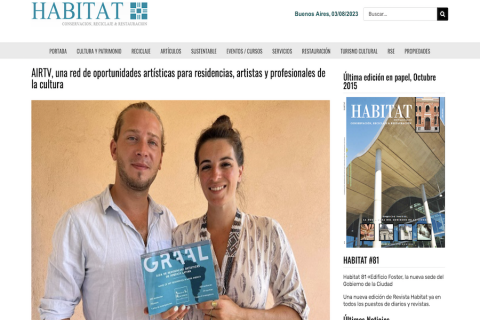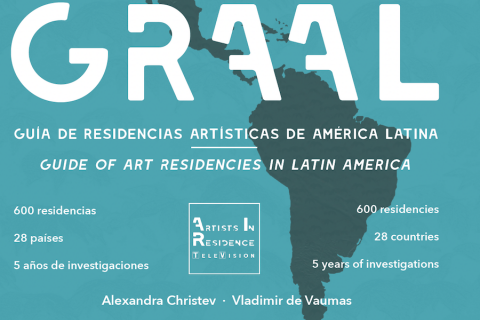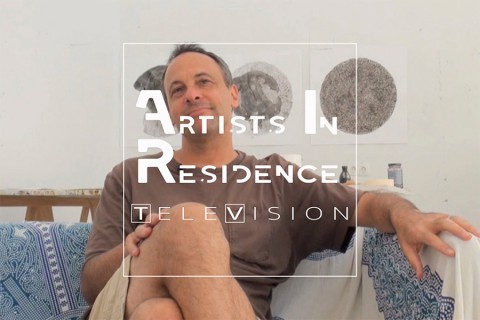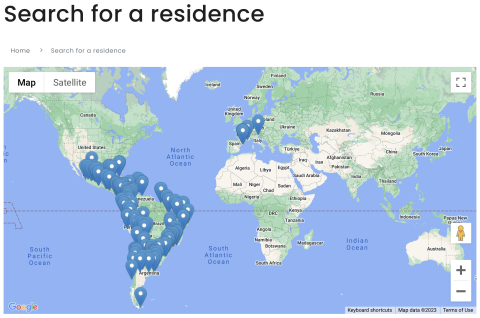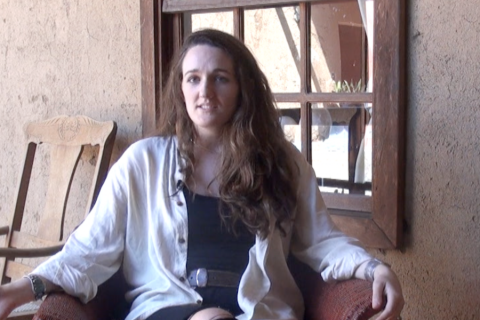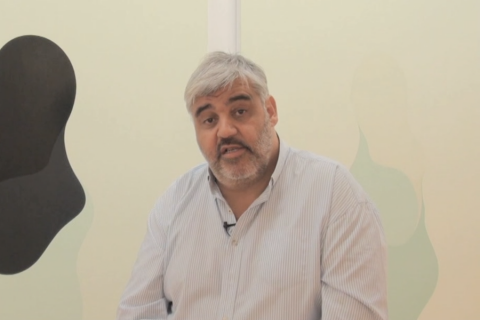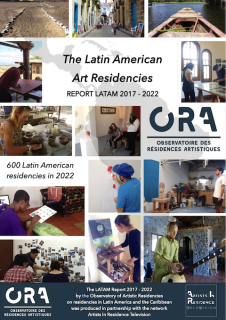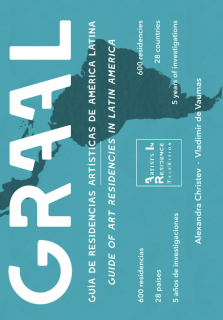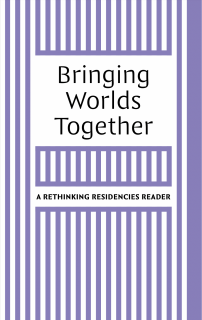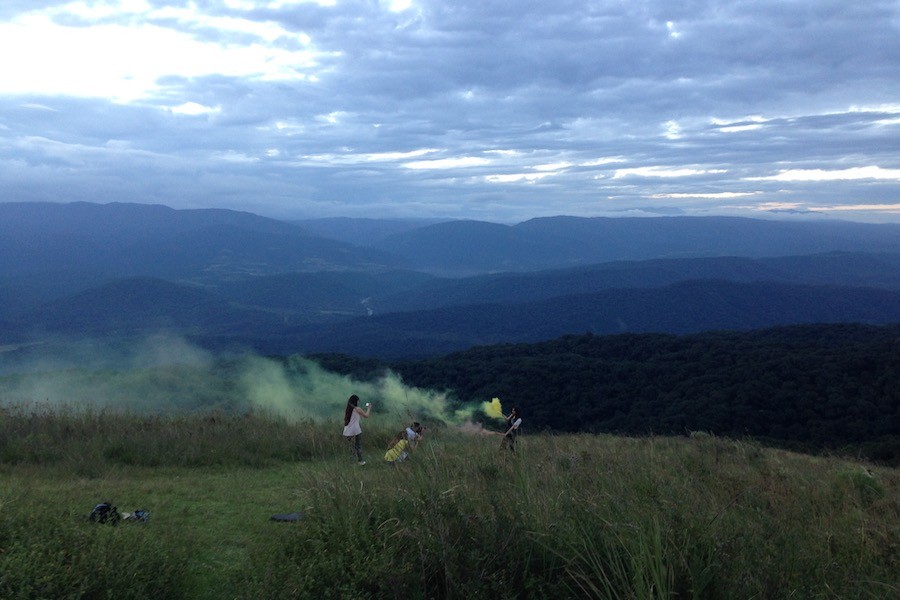
Artists’ residencies, the new phenomena of the art world!
The number of art residencies is growing fast worldwide with more than 5,000 residencies in more than 140 countries nowadays, and artists are more and more attracted to this kind of spaces where they are free to develop new projects
The number of art residencies is growing fast worldwide with more than 5,000 residencies in more than 140 countries nowadays, and artists are more and more attracted to this kind of spaces where they are free to develop new projects and find new sources of inspiration. But what is really an art residency?
An art residency is a program that provides artists with the opportunity to live and work in a specific location, often for a set period of time. These residencies can take place in a variety of settings, including artists studios or house, museums, universities, cultural centers, galleries, farms or even in the wilderness or at sea.
Also, a residency can be defined as the conjuncture of three main spaces : a workspace where artists can create, experiment, and develop new projects ; a living space in which the artists are immersed into new cultures and local communities ; and a public space where the artists can present the work in progress or the results of their residency to the art community and/or the public in general.
One of the main benefits of an art residency is the chance to focus solely on creating new work without the distractions of everyday life. Artists are given a dedicated space to work in, as well as access to resources and equipment that they may not have at home. Many residencies also provide artists with the opportunity to collaborate with other artists, curators, and art professionals.
Another important aspect of an art residency is the sense of community that it fosters. Artists are able to connect with and learn from other artists who are working in similar mediums or exploring similar themes. This can be incredibly inspiring and motivating, and can lead to new ideas and collaborations.
But an art residency is not just about creating art. It also provides an opportunity for artists to expand their professional networks, and to showcase their work to a wider audience. Many residencies include public events, such as open studios, artist talks and exhibitions, which allow artists to share their work with the local community and beyond.
While the focus of an art residency is on the artistic process, it also provides a unique opportunity for personal growth and development. Artists are given the chance to step outside their comfort zones, to take risks and try new things, and to push their creative boundaries.
Overall, an art residency is a fantastic opportunity for artists to immerse themselves in the creative process, to connect with other cultures, artists and art professionals, and to showcase their work to a new audience. Whether you're an emerging artist looking to jumpstart your career or a seasoned pro looking to take your work in a new direction, an art residency is definitely worth considering.
Art residencies offer artists a unique opportunity to step away from their usual environment and immerse themselves in a new creative space. There are several benefits to participating in art residencies, both in the short and long term.
Short-term benefits of art residencies for artists include:
Dedicated time and space for creativity: Art residencies provide artists with a focused, uninterrupted environment to work on their craft, without the distractions of everyday life.
Exposure to new ideas and techniques: Artists have the chance to work alongside other creatives from various backgrounds, which exposes them to different perspectives, techniques, and ways of thinking.
Access to resources: Many residencies provide access to resources such as studios, equipment, and materials that artists may not have access to in their usual environment.
Long-term benefits of art residencies for artists include:
Career development: Participation in art residencies can help artists develop their careers by providing them with new connections and opportunities for exhibitions, commissions, and collaborations.
Personal growth: The experience of being in a new environment can help artists develop new skills, gain confidence, and become more adaptable to new situations.
Creative breakthroughs: Working in a new environment and being exposed to new ideas and techniques can spark creative breakthroughs and lead to new directions in an artist's work.
In conclusion, participating in art residencies can have significant benefits for artists. It can provide artists with new ideas, techniques, resources, and connections, as well as help them develop their careers and personal growth. Therefore, artists should consider applying for as many art residencies as possible to expand their creative horizons and develop their skills.
So, If you're an artist looking to break out of your creative rut and take your work to the next level, art residencies are the perfect opportunity to experience the life-changing benefits of immersing yourself in the artistic process, surrounded by a community of like-minded individuals. But do not forget to embrace the chance to take risks and push boundaries during your residency period, in order to create something truly incredible!


